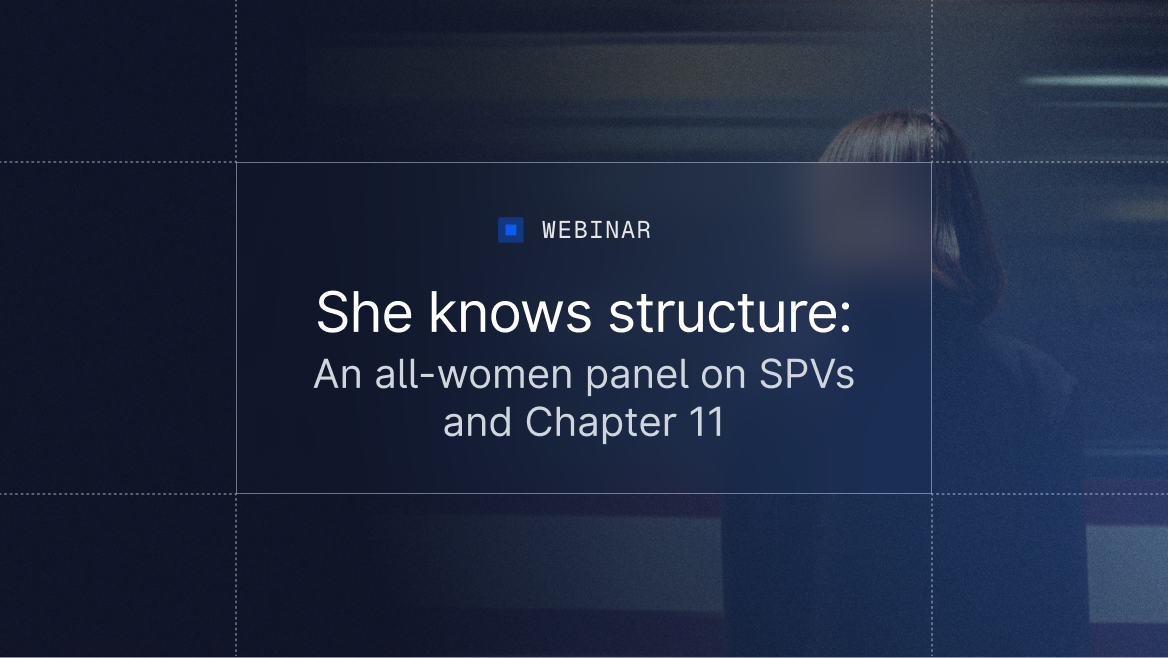News & InsightsLevFinDistressedPrivate CreditABFCLO
News & Analysis
EchoStar’s possible bankruptcy play against the FCC may rely on singular precedent
Jane Komsky10 Jun 2025 | US | 12 minute read

Related Posts
Discover more insights.
Use the previous and next buttons or keyboard arrows to navigate between slides.





